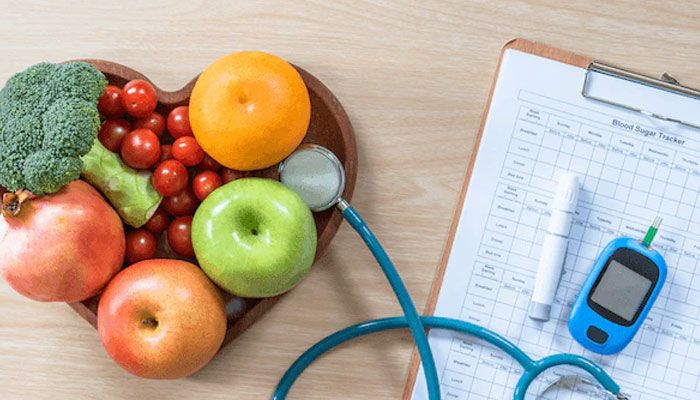Understanding Diabetes: Types, Causes, Care plan, Prevention
Diabetes strikes every vital organ leading to a health catastrophe

Diabetes mellitus is a pandemic that has struck the world and is continuing to strike harder and stronger over the years.
Though over time we have advanced in various domains of development, technology, and research, diabetes is one disease that has grown stronger and continues to strike human beings.
Diabetes, when it affects humans, strikes every vital organ leading to a health catastrophe. With the condition snowballing and affecting more and more people across the globe, the myths associated with this disease too is continuing to increase.
Sadly, these days with battles being fought in the realm of social media and in the virtual world, facts and truths of the condition are getting blurred. Let’s clarify some concepts in diabetes.
What are the major forms of diabetes?
The two major types of diabetes are Type I diabetes and Type II diabetes. In addition, there are additional types of diabetes such as Gestational diabetes, Pancreatic diabetes mellitus, Latent Autoimmune disease of adults, Maturity Onset diabetes of young etc.
What is the cause of Type I diabetes and Type II diabetes?
Type I diabetes or juvenile diabetes destroys the pancreatic beta cells by certain antibodies. Hence, the insulin produced by the diseased pancreas is significantly reduced. Whereas Type II diabetes is the result of metabolic ill health where there can be contribution by our genes, environmental factors like poor/unhealthy diet, less physical activity, poor sleep, poor hygiene and substance abuse. Very often, these causes lie within ourselves.
Is diabetes mellitus reversible?
There has been recent evidence on the reversal of diabetes. The term ‘Reversibility of diabetes’ means you are walking back from diabetes to a stage where you are normal. Seen in that perspective, diabetes remission is considered to be a better terminology. Every diabetes patient may not be able to attain diabetes remission. Type I diabetes till date, has hardly any chances of remission because the cause of their diabetes is a progressive beta cell damage. However, Type I diabetes can have a phase called ‘Honeymoon period’ when the person’s requirement of insulin will be significantly reduced.
However, Type II diabetes mellitus has a chance of remission depending on patient profile. The factors that can predict chances of remission are younger age of the patient, high BMI/body weight, higher C-peptide level of the patient, lesser duration of diabetes especially in the first three years. Above all, the patient should have the perseverance and enthusiasm to attain remission because it’s similar to a marathon, which needs a permanent change in your lifestyle with huge amounts of blood glucose to keep you in remission.
Does intermittent fasting or keto diet help?
Yes, intermittent fasting and keto diet are specialized diet plans which can give quicker results in terms of weight and diabetes control, but the results are short term and will remain only till you do it. Also, such diets should be followed only after consulting your doctor or dietician. What is recommended is a prolonged permanent change in dietary and exercise plans. For this, it is important to consult a specialised physician who will be able to help you with proper guidance and advice. So, let’s understand diabetes well while we walk our way back to a normal life.
The Centers for Disease Control and Prevention (CDC)Trusted Source outlines a diabetes care plan based on your daily, monthly, and other regular-interval activities.
The daily parts of your diabetes care plan should include:
Considerations Blood sugar checks
• How often will you check your blood sugar?
• What is your desired blood sugar range?
• How will you correct high or low blood sugars?
• When do you call your doctor for blood sugar results?
Medications
• What are the medications you take daily to manage your diabetes?
• How will you manage low blood sugars (e.g., will you carry glucose tablets)?
• At what times of day will you take your diabetes medications?
• What happens if you accidentally skip a medication dose?
Food
• What is your daily carbohydrate recommendation?
• What are some foods you can eat that keep your blood sugars in target range?
• If you can’t eat, how do you adjust your insulin or medications?
Physical activity
• What is your daily goal for physical activity?
• When do you adjust medication dosages or blood sugar for physical activity?








































